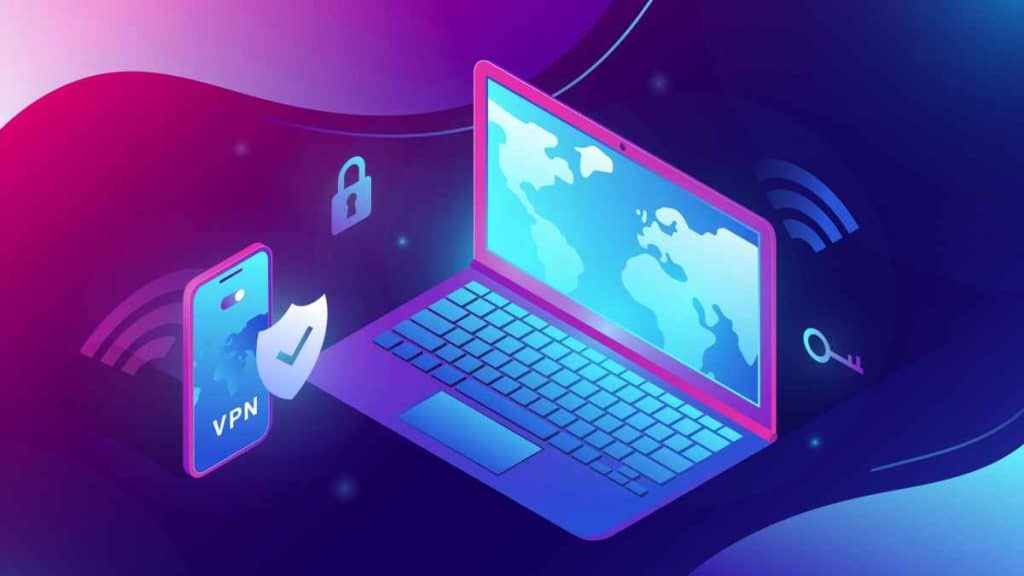What is a Proxy?
You may hear phrases like “after going through a proxy server (commonly known as a skewer),” but you may be wondering what they are. Some of you may be using them somewhat, but in fact, you may be putting yourself at risk without even knowing it. Here we will delve into the advantages and disadvantages of using proxies are, and more.
The word “proxy” comes from “proxy” and means “proxy. As the word implies, a proxy acts as an intermediary and proxy for access to the Internet. For example, when you want to visit a certain site, you would normally access the site from your browser.
Read more information about it from our team: https://privateproxy.me/datacenter-rotating-proxies/
The server that stores the data returns the requested page data to the browser, which displays it on the screen. This is the general exchange.
When this is done through a proxy, the browser first connects to the proxy server without directly requesting data. The proxy server then requests and accesses the target site on its behalf. Upon receiving the data, it passes the data to the original browser. In this way, the proxy server performs a bridge process.
The proxy server can be specified from the browser, and once it is set up, there is no need to be aware of its existence. At first glance, it may seem like a roundabout way of doing things, and it is hard to see what the point is, but of course, there are several advantages.
Advantages of Proxies
- The most often mentioned benefit of proxies is that they allow anonymous access: when you access a website, you leave a footprint.
- When you access a website, you leave a footprint behind, except for personal information and other details, but an IP address, which is like an address on the Internet, is left behind for the operator.
- IP addresses are also used for access analysis, etc. However, they are not used only for sound things, and there is concern that they may be passed on to someone with malicious intent.
- In addition, even the browser and application you are using can be known, and if you are using a weak one with lax security, you can be the target of an attack.
- Therefore, by going through your “proxy” you can hide this IP address and avoid the danger (although this can also be a disadvantage, as discussed below).
- In addition to the advantage of anonymity, it is also possible to disguise the access as coming from another country. Although this is a slightly geeky advantage, some sites. Similarly, some sites prohibit access from overseas. In these cases, it is possible to browse through a “proxy server in that country.
- It can be used not only for individual stories but also for large networks such as companies. By mediating access from within the company to the outside world, it is possible to prevent unauthorized intrusion from the outside and prohibit access to sites unrelated to business operations. It also has the ability to keep communication records of what sites users have visited, so it can be used to curb personal use.
What are proxies, and where can you get them?
There are many free proxy servers available, and they are easy to find on any search engine. Because of this, they are used by many people and have the disadvantage of being slow; don’t be surprised if a site that should open in one second takes a minute to load. Also, it may not complete loading, and you may need to refresh the page.
When working with a paid proxy server, this drawback is excluded, since you can choose the best of them according to many criteria, for example, speed, response time, etc. However, paid proxy servers can be a little worse than free ones in terms of security. If you work legitimately, you have to register, and if a special agency is seriously interested in you, they can easily make a request to the management of the company providing the server. However, if the server and the legal entity are located in different countries, this risk can be mitigated.
Professionals, including hackers and cybercriminals, have been known to use a chain of three to five proxy servers to increase security. This reduces the speed of work, but may also increase anonymity.
Acting on Behalf of the Processing Client
In a nutshell, the role of a proxy server is to “receive a request from a user and in return access the target server to retrieve the required data”. These functions are implemented by software, and the server machine on which the software is installed is called a proxy server. For this reason, the term proxy often refers to a proxy server.
Let’s take a closer look at how this works with a specific example. An example is an access to the Internet. A proxy server sits between the client and the web server and receives requests from users. The proxy server then accesses the target web server and retrieves the web page data on behalf of the client. It then returns the retrieved data to the client.
The client sends a request to the proxy server, and the proxy server performs the necessary processing and returns only the result. The proxy server performs all the processing that should normally be done by the client. This is where the term proxy comes from.
It is Installed Between the Client and the Server
Where is the proxy server located? Essentially, it does not matter where it is installed as long as it can communicate directly with both the client and the server. However, there are two common installation locations.
One is the boundary between the corporate LAN and the Internet. This is set by the company network administrator for users inside the company and cannot be used outside the company.
